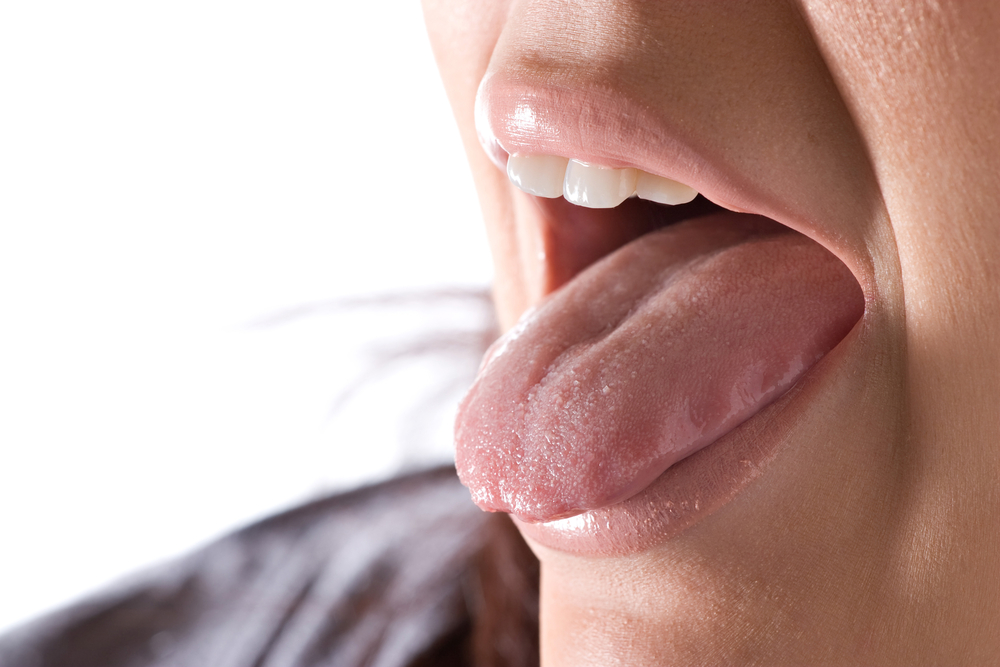Bad Breath: 3 Common Causes & 3 Remedies
4 Mar 2016
Isn’t it awful when you’re talking to someone with bad breath and you’re trying to discreetly breathe in another direction? Isn’t it even worse when you’re trying to hide your bad breath?
Halitosis, commonly called bad breath, can be caused by many different things and can be treated in many different ways. Here are 3 common causes of bad breath and 3 ways you can fight it.
Foods
If you have an excellent dental routine, it may be your food that’s giving you stinky breath. Garlic and onions contain sulfur compounds that linger in your mouth and are actually absorbed into your bloodstream; the bad smell is released when you exhale.
Coffee and alcohol make the perfect environment for bad-smelling bacteria to grow in your mouth. Because these beverages also dry out your mouth, the bacteria linger longer and so does your bad breath.

Dairy products can also lead to bad breath. When the naturally-occurring bacteria in your mouth feed on the amino acids found in dairy products, foul-smelling breath results.
The best way to fight bad breath is with a glass of water. Bacteria thrive on foods with carbohydrates. Water washes away leftover food particles in your mouth, which helps keep the bad-smelling bacteria at bay. Drinking water also stimulates saliva flow, your mouth’s natural way to wash away food particles that bacteria feed on.
Some foods that help fight bad breath include:
- Unsweetened black or green tea
- Probiotic yogurt
- Herbs (parsley and basil)
- Apples and cherries
- Spinach and lettuce
Dry Mouth
Saliva is crucial to your dental health; it washes away food particles, the hosts to bad-smelling bacteria. If your mouth doesn’t generate enough saliva, you can suffer from dry mouth. Without saliva effectively washing away bacteria in your mouth, bad breath sticks around.
Dry mouth can be a symptom of medications, illnesses, medical procedures, dehydration, or a problem with your salivary glands.
Chewing gum after meals can help fight dry mouth and bad breath. Acting like water, the increased saliva flow from gum-chewing washes away food particles and the potential for bad-smelling bacteria to thrive, while keeping your mouth moist.
Gum Disease
If you have stinky breath, it could be a sign that you have gum disease. Plaque is a film of smelly bacteria that forms over your teeth. The bacteria thrive on foods that contain carbohydrates, and acids are produced. These acids break down the enamel of your teeth and can lead to gum disease, an infection of the tissues around your teeth.
The best way to fight gum disease and bad breath is to maintain a good dental routine. Brush your teeth twice a day, floss once a day, and visit your dentist every 6 months. It is also recommended that you clean your tongue because food particles and bacteria that cause stinky breath coat your tongue.

Bacteria are the main source of bad breath. The most effective way to fight bad breath is to maintain good oral hygiene. For more information or to schedule a dental appointment, contact Greenspoint Dental in Houston, Texas to schedule a dental appointment. We are dedicated to providing you and your loved ones with the best dental care.
Related Blog Articles